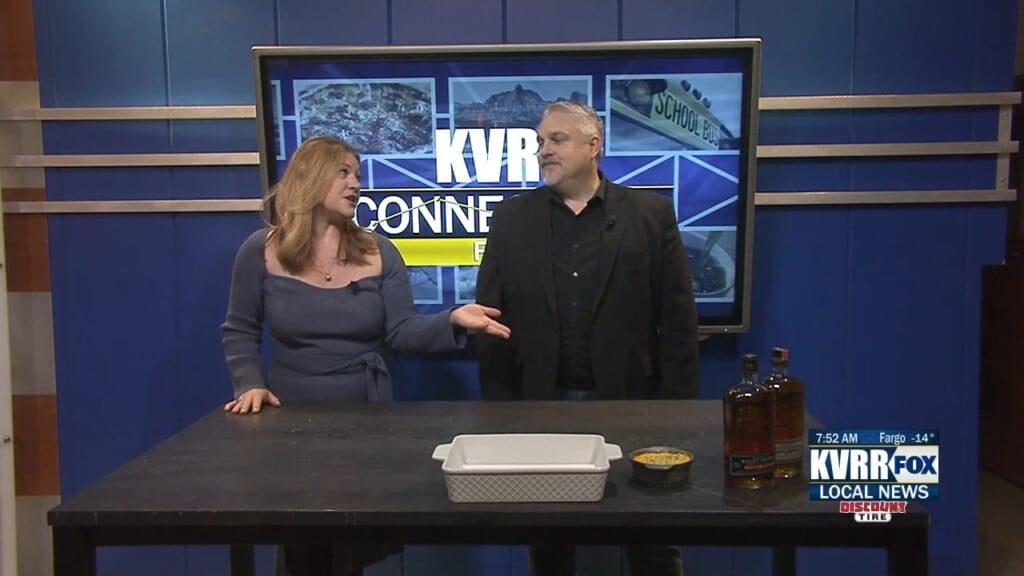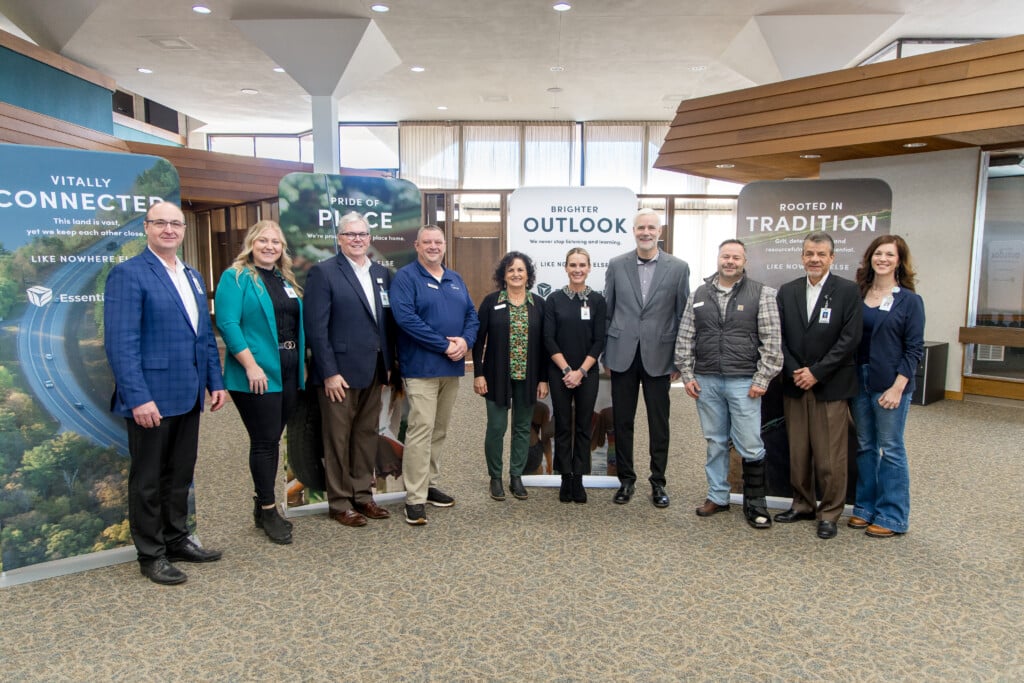ND pardoned simple marijuana convictions 3 years before Biden’s plan
NORTH DAKOTA (KVRR) – This week President Biden pardoned people with federal simple marijuana convictions.
A local attorney discusses what this means and shows us how simple marijuana charges would be a thing of the past in North Dakota passes recreational marijuana on the ballot in November.
“Studies that I’ve looked at says that there’s about 6,500 federal convictions of that nature and there will be thousands more from the District of Columbia. I have witnessed firsthand the profound impact that a minor marijuana conviction may have on somebody 10, 15, 20 years after the offense and that’s in large part why I joined the group that’s pushing to take away criminal penalties from marijuana offenses.” Treasurer for New Approach North Dakota Mark Friese said.
If someone is convicted of a simple marijuana offense, they could be denied housing, have a more difficult time enlisting in the military, be denied federal student loans and could make it more difficult to find work.
Some don’t agree with the president’s actions.
“People think it’s innocent. It’s not. It’s 20 times more powerful than it was in the sixties,” White House Drug Czar under President George H.W. Bush Bill Bennett said.
In 2019, Governor Doug Burgum and then Attorney General Wayne Stenejem supported a plan for people with these state marijuana convictions to apply to the state’s Pardon Advisory Board and have records wiped clean if they don’t commit another crime for five years.
People wouldn’t have to worry about getting arrested for marijuana possession if voters approve recreational pot for adults at the polls. Friese calls it the most conservative cannabis legislation.
It would have a state agency design, draft and implement regulations with penalties for improper advertising, packaging and security.
“Most people, myself included, would rather have a system of regulated from seed to sale, regulated, safe, checked marijuana with it being in the light of day legitimately with businesses that are subject to regulation,” Friese said.
The measure also excludes use in public, taxis and public transportation. Landlords and employers can have zero tolerance policies, business can prevent people from using it and people could still be charged for driving while high.
We reached out to North Dakota Attorney General and former U.S. Attorney Drew Wrigley for an interview and he declined.
Click here for an application to possibly get North Dakota pot offenses pardoned.






